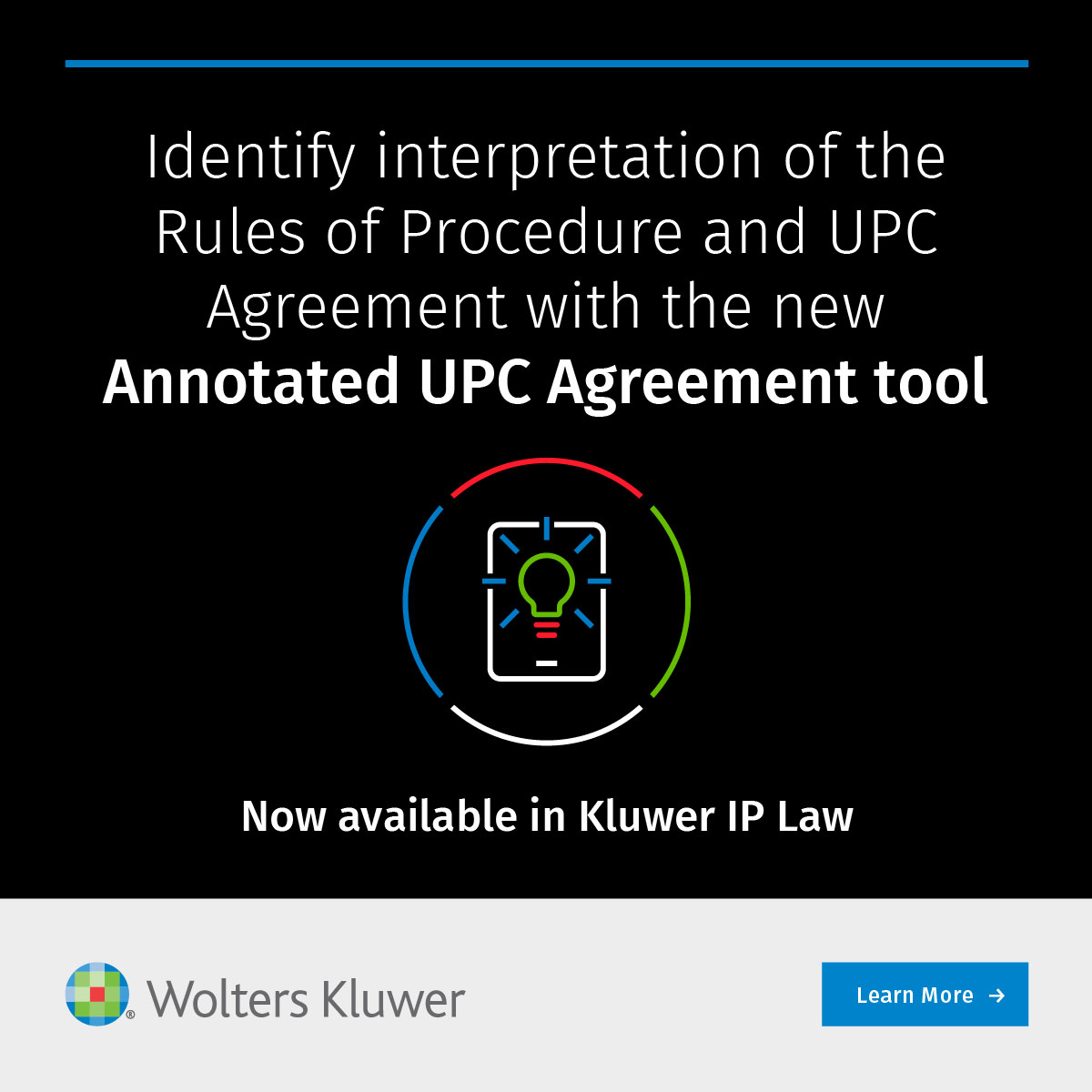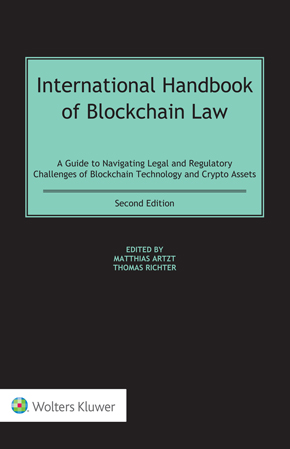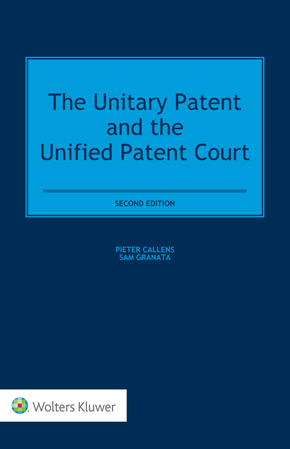
From 1 April 2024, the European Patent Office will increase most official fees by around 4%. The first two renewal fees, in respect of the third and fourth years, will also see significant rises of 30% in an effort to offset revenue lost as a result of the EPO reducing application pendency time.
Hand in hand with the increases will be a new fee reduction system which will be able to be leveraged by microenterprises, natural persons, non-profits, universities and public research organisations. Currently, fee discounts are only available to those types of entities (as well as small and medium-sized enterprises) if they are based in an EPO member state and use a language other than English, French or German for the specification and/or request for examination.
Those language-based fee reductions will remain in place and continue to reduce the filing and examination fees by 30%. The new fee reduction system will also offer a 30% discount and be more extensive, covering the major fees of filing, search, designation, examination, grant and renewal.
Daisy-chaining fee discounts will be possible with reductions on the same fee for the same application to be calculated sequentially. This means that eligible micro entities would obtain a discount of 51% on the filing and examination fees.
Applicants will be able to self-declare eligibility on the request for grant and European regional phase entry forms.
An application will be eligible for reduced fees for its lifetime as long as the applicant remains a micro entity and the applicant has filed fewer than five European applications in the five years preceding the filing date of the application or, if the application is a Euro-PCT, the European regional phase entry date.
The new fee reduction system continues to refer to a European Commission recommendation which defines that a microenterprise is an enterprise which employs fewer than ten people and whose annual turnover or balance sheet total does not exceed €2 million.
To make sure you do not miss out on regular updates from the Kluwer Patent Blog, please subscribe here.
The 2022 Future Ready Lawyer survey showed that 79% of lawyers think that the importance of legal technology will increase for next year. With Kluwer IP Law you can navigate the increasingly global practice of IP law with specialized, local and cross-border information and tools from every preferred location. Are you, as an IP professional, ready for the future?

It should be remarked that the EPO silently introduced a new ground for rejection: 19. Where a declaration concerning the applicant’s status is incorrect, i.e. where the applicant has incorrectly declared itself to be an entity within the meaning of the language- and/or micro-entity-related support scheme (Rule 7a(2) and/or (3) EPC), an unduly reduced fee will be deemed not to have been validly paid and the application will be deemed withdrawn under Articles 78(2), 86(1) and 94(2) EPC and Rules 39(2) and 71(7) EPC. The EPO has become even harsher than the USPTO!
Stephanie Sarlet says: Yes indeed! It seems too risky to even want to make use of these fee reductions! A. Nonymous says:I would respectfully contradict Patent Robot (who appears to be a US practitioner because of the use of the expression “ground for rejection”): the EPO is in my opinion by far too lenient regarding unduly used fee reductions. The Notice quoted by Patent Robot (OJ 2024, A8) continues:
20. The loss of rights resulting from an incorrect declaration as to the applicant’s status may, where appropriate, be remedied by applying for one of the available legal remedies (under Article 121 and Rule 135 EPC or Article 122 and Rule 136 EPC) subject to making good the underpayment and paying the applicable fee. […] Article 121 and Rule 135 EPC are about further processing of the European patent application, and if properly requested, provide that the legal consequences are deemed not to have ensued. The penalty is the fee for further processing, nothing more. And by the way, further processing can be requested within two months of a communication concerning the loss of rights (applicants even gets a communication telling them what to do). Harsher than the USPTO? Really?
This is a masterpiece of overregulation. Supporting micro entities (ME) is all good, but then restricting it to 5 filings within 5 years, and if there are joint applicants all of them need to be ME, and if there is a transfer of rights, and/or a PCT entry, or the filing of a divisional application, then the ME runs the risk of running into drastic measures if the ME errs in its status or number of active cases? There are plenty of applicants that do not have this kind of detailed overview over their cases. If it is directed to those not having much experience in EP proceedings, this catalog of requirements and restrictions does not seem to be really helpful for the target audience. And if the ME “grows” only in terms of patent filings (due to unity of invention objections), the whole monitoring is left to the ME. So being innovative, but staying non-profit (or ME) kicks you out of the reduced-fees system (as if you were no longer non-profit or ME)? How is that to promote non-profit organizations or ME? For the private inventor/applicant the whole proceedings stay very expensive anyways … It would have been far better to tie fee reductions to the status of the entity and period.
Look at it says:The actual scandal is that the first two renewal fees, in respect of the third and fourth years, which will see significant rises of 30% in an effort to offset revenue lost as a result of the EPO reducing application pendency time. The EPO is actually penalising users of the system because it has put timeliness first. Quite amazing, not to say daring! I refer here to the publication of T. Bausch on this blog under: https://patentblog.kluweriplaw.com/2023/09/09/epo-propaganda-master-class-or-how-to-justify-higher-fees-for-lower-quality-work/ If at the same time the quality of the patents granted is declining, there is no reason to increase renewal fees. The fee reduction for ME is just a fig leaf behind which the EPO has pushed a drastic increase of renewal fees. As usual, the tail has been wagging the dog, and the AC rubber-stamped the desiderata of the upper management of the EPO.
curious attorney says:Well, your proposal lends itself to a lot of corporate and convenience games, you found a micro company and make a lot of filings using it as a strowman, you have to put limits on the number of filings available for the discount, that’s the only way, then the number of five will be adjusted, I suppose. That the system is too expensive is a problem, and anyway the way of the national offices is always the most recommended for private inventors and non-profit organisations, there they will be advised and get a first examination cheaply.
LightBlue says:If I file an application in 2024 on the basis that the applicant is a micro enterprise based on its turnover for 2022 (the last time a balance sheet was submitted to the tax authorities) but it turns out that in 2024 the turnover has increased above the limit, is my application affected? What about the 2023 turnover if the accountants subsequently say a payment received late in 2023 took the applicant over the limit? A pre-programmed nightmare.
Bored Ofapeel says:Taking the cup half-full view : New (as in creative and original) J decisions will surely need to fill this new legal void (and maybe we’ll even be gifted a dynamic G interpretation!)
Comments are closed.



Vissers Annotated European Patent Convention 2024 Edition Kaisa Suominen, Nina Ferara, Peter de Lange, Andrew Rudge € 105

International Handbook of Blockchain Law: A Guide to Navigating Legal and Regulatory Challenges of Blockchain Technology and Crypto Assets, Second Edition Matthias Artzt & Thomas Richter € 190

The Unitary Patent and the Unified Patent Court, Second Edition Pieter Callens & Sam Granata € 176